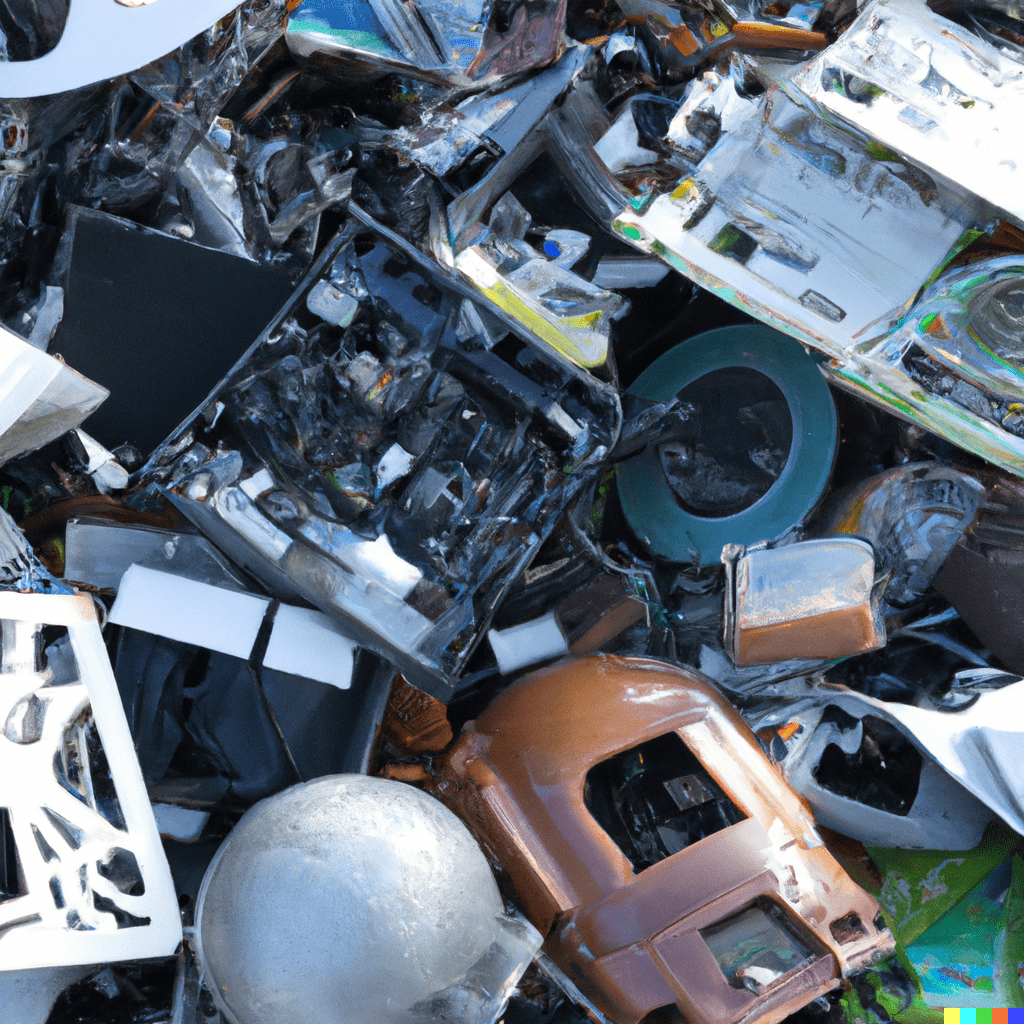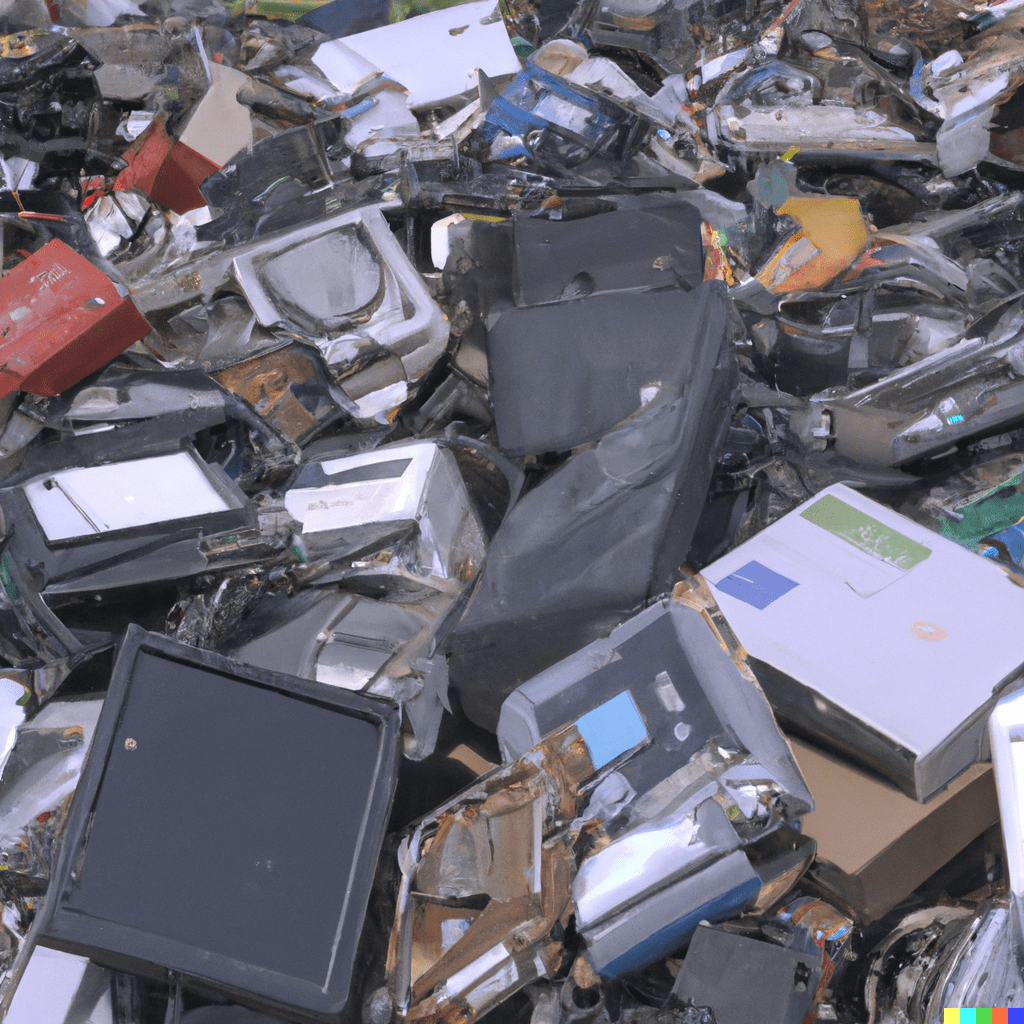
Top 5 Governments in the World with E-Waste Programs
Electronic waste, also known as e-waste, refers to discarded electronic devices, such as computers, televisions, and mobile phones. The increasing use and rapid obsolescence of electronic devices has led to a growing problem of e-waste around the world. E-waste contains a range of toxic substances and can harm the environment and human health if not disposed of properly.
Governments around the world have responded to this challenge by implementing a variety of policies and programs aimed at managing e-waste in an environmentally responsible manner. These policies and programs typically include regulations for the collection, treatment, and disposal of e-waste, as well as incentives for manufacturers to design products that are easier to recycle.
Check below the Top 5 governments in the world with e-waste programs:
- European Union: The EU has a comprehensive approach to managing electronic waste, including regulations for the collection, treatment, and disposal of e-waste. https://ec.europa.eu/environment/waste/
- United States: The US has implemented a number of federal and state laws to manage electronic waste, including the Resource Conservation and Recovery Act (RCRA) and the Electronic Waste Recycling Act. https://www.epa.gov/smm-electronics
- Japan: Japan has implemented a number of policies and programs to manage electronic waste, including the “Law for Promotion of Recycling of Small Electric Appliances” and the “Law for Promotion of Effective Utilization of Resources.” https://www.env.go.jp/en/index.html
- South Korea: The South Korean government has implemented a number of policies and programs to manage electronic waste, including the “Act on the Promotion of Saving and Recycling of Resources.” https://elaw.klri.re.kr/kor_service/lawView.do?hseq=46235&lang=ENG
- China: The Chinese government has implemented a number of policies and programs to manage electronic waste, including the “Circular Economy Promotion Law” and the “Regulation on the Management of Waste Electrical and Electronic Products.” https://english.mee.gov.cn/Resources/laws/regulations/Solid_Waste/201712/P020171213581119365936.pdf
Note: The provided links are official websites of the respective countries’ governments, however the policies and regulations on e-waste can change over time, it’s recommended to check on regular basis for the most updated information.

In summary, governments around the world have taken various steps to address the growing problem of e-waste, but there is still much work to be done. It is important for individuals and businesses to play their part in reducing e-waste by properly disposing of their old electronics and supporting policies and programs that promote environmentally responsible e-waste management.
If you are a business owner or entrepreneur looking for ideas on how to address this challenge in your business, please take a look on our article about Electronic Devices Recycling: Benefits and Challenges.